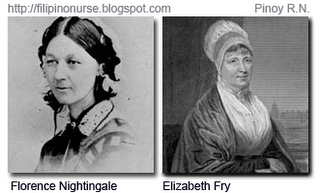This article outlines the steps involved taken by both the employer and the qualified registered nurse in obtaining a green card for immigrant status and subsequent employment in
Registered nurses are among those professionals listed under Schedule A. This means that an employer may file an immigrant visa petition (I-140) directly with the (USCIS) without first going to the US Department of Labor for a labor certification as required by state regulations.
In order for a petition for immigrant visa (I-140) to be initiated, the nurse must have the following qualifications:
- A full unrestricted permanent license to practice nursing in the state of intended employment.
- A VisaScreen® certificate issued by the Commission on Graduates of Foreign Nursing Schools (CGFNS). This certificate is issued only after successful passing of the CGFNS qualifying exam or NCLEX-RN Exam plus an English Proficiency exam administered by either the TOEFL or EILTS.
Application Process if the Nurse is Outside the
b. Police Clearance
c. Birth Certificate
d. Marriage Certificate, if any
e. Divorce or Death Certificate of Spouse, if any
f. Valid Passport
g. Medical Examination
h. USCIS Photographs
i. Recent job offer letter (or employment contract)
j. Financial information regarding employer
k. Government filing fee
l. VisaScreen Certificate
Application Process if the Nurse is Already in the
A VisaScreen® certificate will still be required for the approval of the I-485 Adjustment of Status Petition.
The process is usually faster and less complicated if the nurse is already in the United States. However, the same qualifications apply.
Disclaimer: This article does not constitute legal advice. This is for educational purposes only. Parties are adviced to seek the legal services of qualified immigration lawyers. The author and this blogsite disclaims all liabilities.









